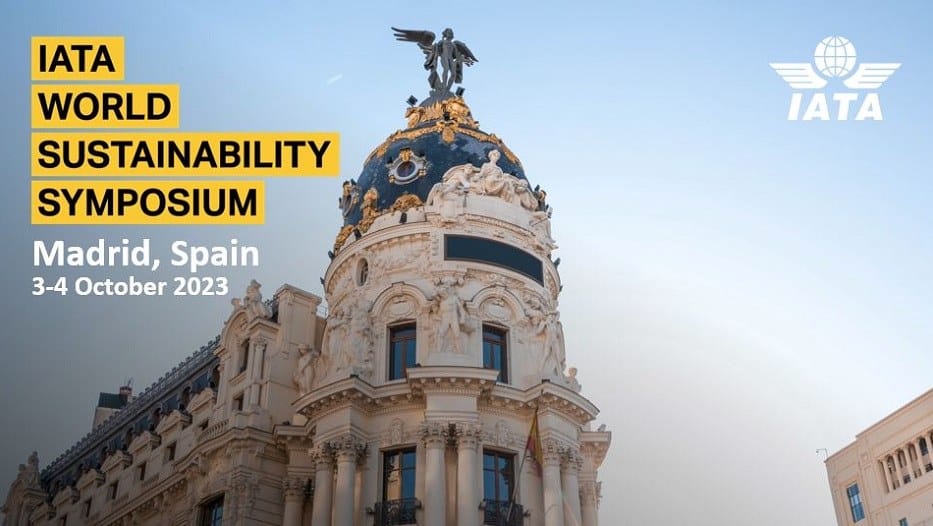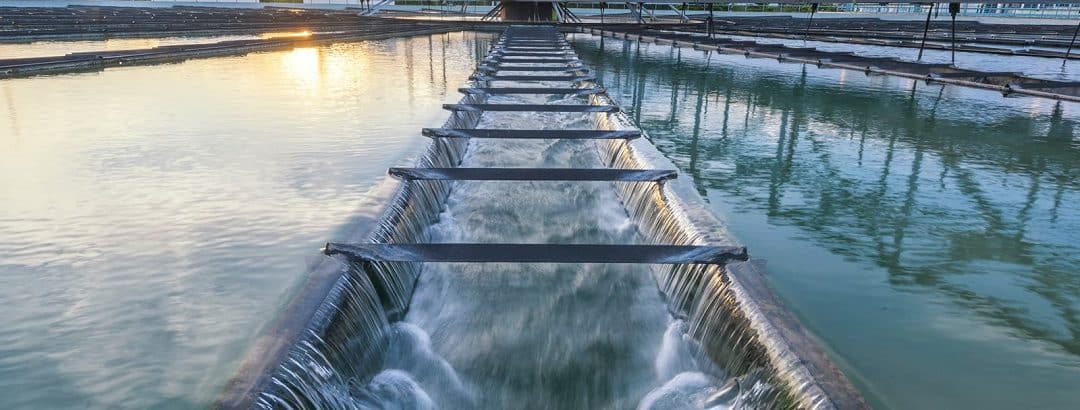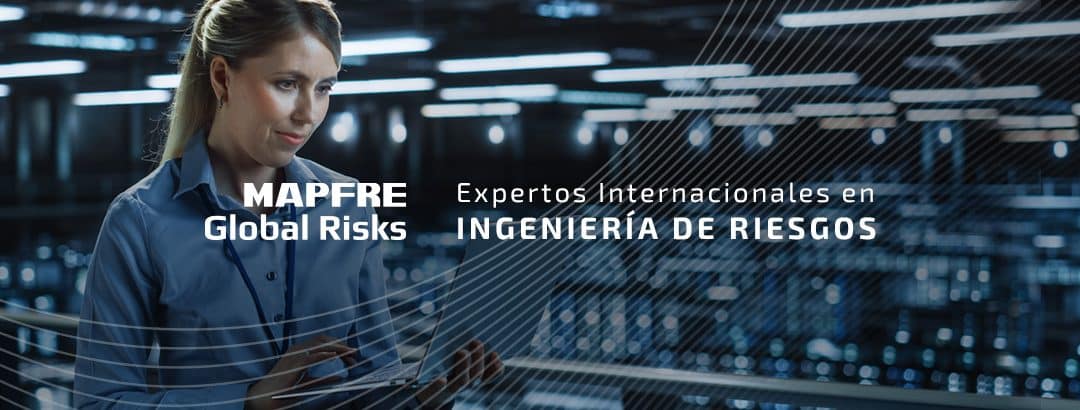The main players in the Aviation sector have met in Madrid, convened by the IATA. The objective: to learn about their prospects for meeting the sustainability challenge set by the Paris Agreement. Financing in the spotlight.
On October 3 and 4, the Marriott Auditorium Hotel & Conference Center (Madrid) hosted the first World Summit on Sustainability (WSS) organized by the International Air Transport Association (IATA). The event was attended by more than 500 professionals from the Aviation sector: airlines, regulators, manufacturers, oil industry, financial institutions, insurers… all of whom have a say in this great challenge agreed to in the Paris Agreements with a deadline of 2050.
Our colleague Héctor Gallegos Juez, Underwriting Expert in the Aviation and Space Area, was one of the attendees representing MAPFRE Global Risks, as we belong to the IUAI (International Union of Aviation Insurers). “In Europe this is underpinned by Flight Net Zero, an airline alliance demanding that, by 2050, all carbon dioxide (CO2) emissions will have to be offset.”
This is a very ambitious goal nowadays, so much so that airlines have doubts about how to achieve it. “The great challenge for the Aviation industry is financing: on the one hand, it does have a path to apply fuels, but the problem is that these fuels do not exist or are very expensive.”
Three paths to achieving the goal
This situation directly appeals to the oil industry that manufactures kerosene aviation fuels, regulatory bodies, financial institutions, airports, and even passengers. Gallegos details the three paths that are valued to achieve the goal:
1. “The use of aircraft with better technology. This is already being done. Major airlines are replacing their old aircraft with new ones. I am referring to the A350, B787, the upcoming B777X, the 320Neo, the 737Max… These aircraft weigh less, their engines are more efficient, and they pollute much less, but we must continue to do more to reach the ambitious goals set by Paris.”
In this regard, the expert predicts that electric aircraft will not be in place before 2050. Therefore, it is necessary to follow other paths.
2. The CORSIA Program: “It is based on Offsettings, i.e., it pollutes the same, but emission rights are purchased. This means investing in reforestation, for example, as vegetation captures carbon dioxide and reduces it.” This program depends on the ICAO (International Civil Aviation Organization), which requires airlines to invest in this type of project to offset their emissions. “Of course, the idea is to pollute less and less, so that the airlines have to pay less,” he says.
3. The use of SAF (Sustainable Aviation Fuels). “Instead of using kerosene, which is a fossil fuel whose refining process pollutes heavily, biofuels are made from plants and waste.”
In order to produce this type of biofuels, large plantations are needed to provide the raw material. “Those large plantations capture CO2, which offsets the subsequent burning of jet fuel.” The same applies to the reuse of waste, because by reusing oils, you are preventing them from being burned.
The vicious circle
The European Union and the United States have established an energy transition in which aircraft, starting in 2025, must gradually incorporate these biofuels. By 2050, most of the fuel has to be biofuel. “What’s the problem? Nowadays, the technology exists, but it is not available because the investments of the oil industry to produce these biofuels are very large, which requires financing. This is the great challenge facing the commercial aviation industry.” Therefore, the law of supply and demand comes into play: scarcity makes it very expensive and this affects the price of airline tickets. “If all these changes are implemented, the price will go up and this will be passed on to the passengers. Perhaps in the United States and Europe we are willing to pay more, but in Latin America and Asia, the concept is different. The situation is complex.”
And, according to reports presented at the symposium, sustainable fuel can be four times more expensive than traditional fuel. “The biggest expense an airline has is fuel; if you multiply that expense by four, the operating margin is exorbitant. That is why this meeting has been organized: as a result of the concern of airlines about how to obtain financing and the oil industry providing them with sufficient fuel at reasonable prices.
The role of kerosene manufacturers in this situation is relevant, because “the oil industry will not invest in new technology if it is not going to receive a new return. And this is the big challenge,” says Gallegos. “As proof of this, for Commercial Aviation this concern is proving to be more serious than the problem that arose with Covid, which reduced its activity for almost two years.”
Adapt or die
The Aviation industry is obliged to comply with certain commitments and, although the resources to do so are not available today, they must gradually invest in changes to avoid disastrous effects on the airlines.
The regulations originate in the United States and Europe, where they also apply, meaning that airlines flying to these areas will have to adapt to the regulations set by the aforementioned ICAO. Therefore, companies from Latin America and Asia that want to fly to territories with these set regulations will see their activity limited if they are unable to adapt.
Although consumption and supply reviews are being conducted, according to the expert, it is likely that the energy transition period will undergo changes. The Aviation industry is aware that the goals are very ambitious, but also appreciates that decarbonization is no longer a utopia for a more sustainable planet.

Global Aviation and Transportation Underwriting Expert – Aviation and Space for MAPFRE Global Risks.





